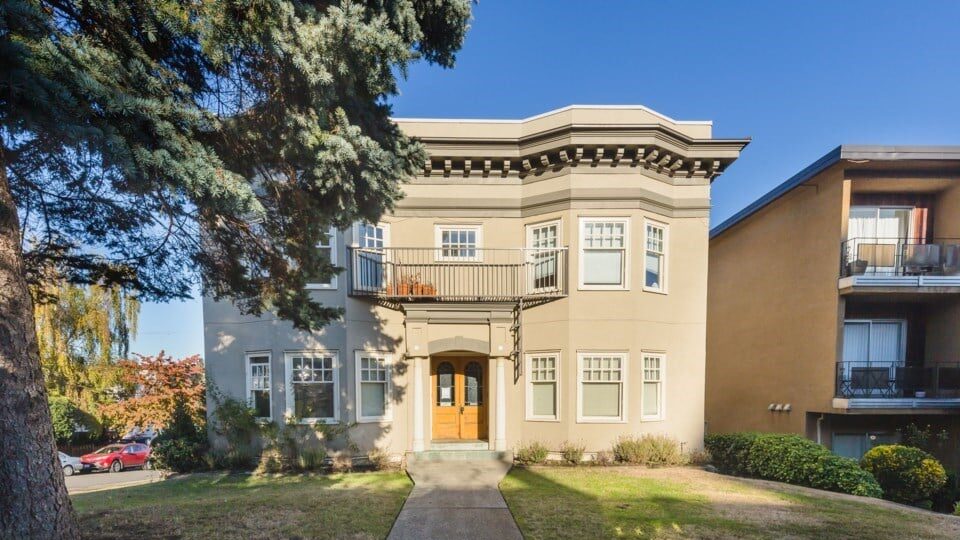
BC opens $500M Rental Protection Fund
A $500-million rental protection fund that will help non-profit groups purchase rental buildings has opened in British Columbia.
The fund aims to help First Nations, co-operatives, land trusts, and other non-profit groups buy older “affordable” rental buildings to preserve them as low-cost rental housing. The goal of providing the capital funding is to allow renters to stay in the buildings and keep their rents affordable. The provincial money will be leveraged to have an even larger impact because non-profit organizations will bring their own resources to the table.
The Housing Central partners – the Aboriginal Housing Management Association (AHMA), BC Non-Profit Housing Association (BCNPHA) and the Co-operative Housing Federation of BC (CHF BC) – have advocated for a rental housing acquisition fund for several years to help stem the net loss of affordable homes.
More than 97,000 units where the rent was below $1,000 a month were lost between 2016 and 2021 as they were converted to condominiums or demolished, or the price of rent went up. Premier David Eby notes that low-rise buildings created in the 1970s under now-defunct federal programs often have long-term tenants who are very vulnerable if they lose their housing.
“This initiative, with half a billion dollars of provincial government money, is supporting the ability to go out and buy those older buildings, to make sure that the tenants in them are protected, that if there’s an opportunity for redevelopment to build a new building on the site, that those tenants will be protected through that process by a not-for-profit housing provider that owns the site and is redeveloping it,”
Premier David Eby
Rental Protection Fund CEO, Katie Maslechko, said in a statement that the idea is a sector-led solution to keep homes affordable over the long term, without the need for ongoing operating subsidies. The fund is encouraging potential applicants, municipalities, social-enterprise leaders and others to find out how they can help B.C. retain affordable rentals homes, while multiplying the impact of investment.
The province announced the fund in January and groups wanting to access the money need to go through a three-step qualification process for both their own organization and the property they want to purchase.
The fund is overseen by a board of directors drawn from the non-profit partners and will be operated by Maslechko and her staff.